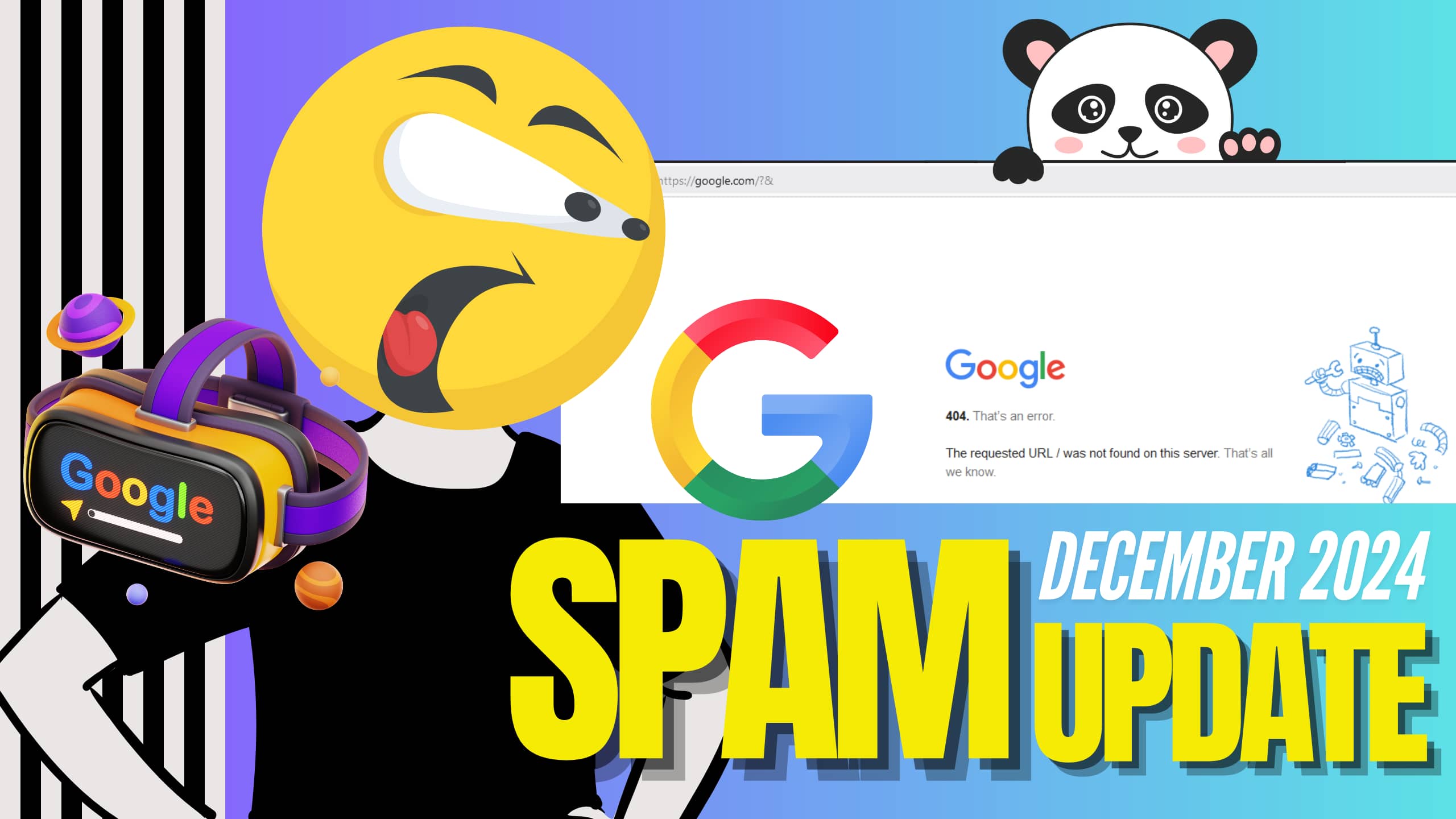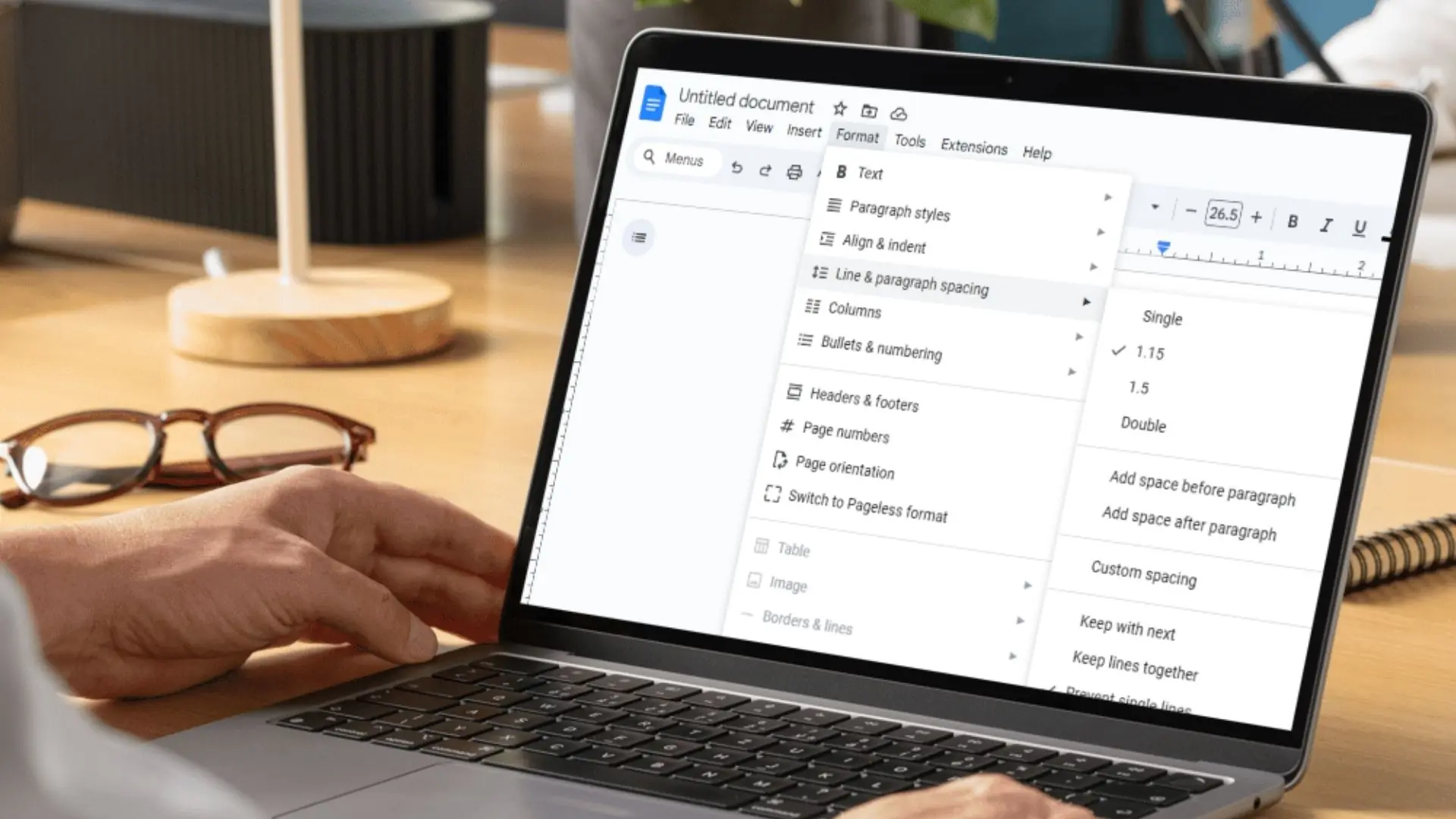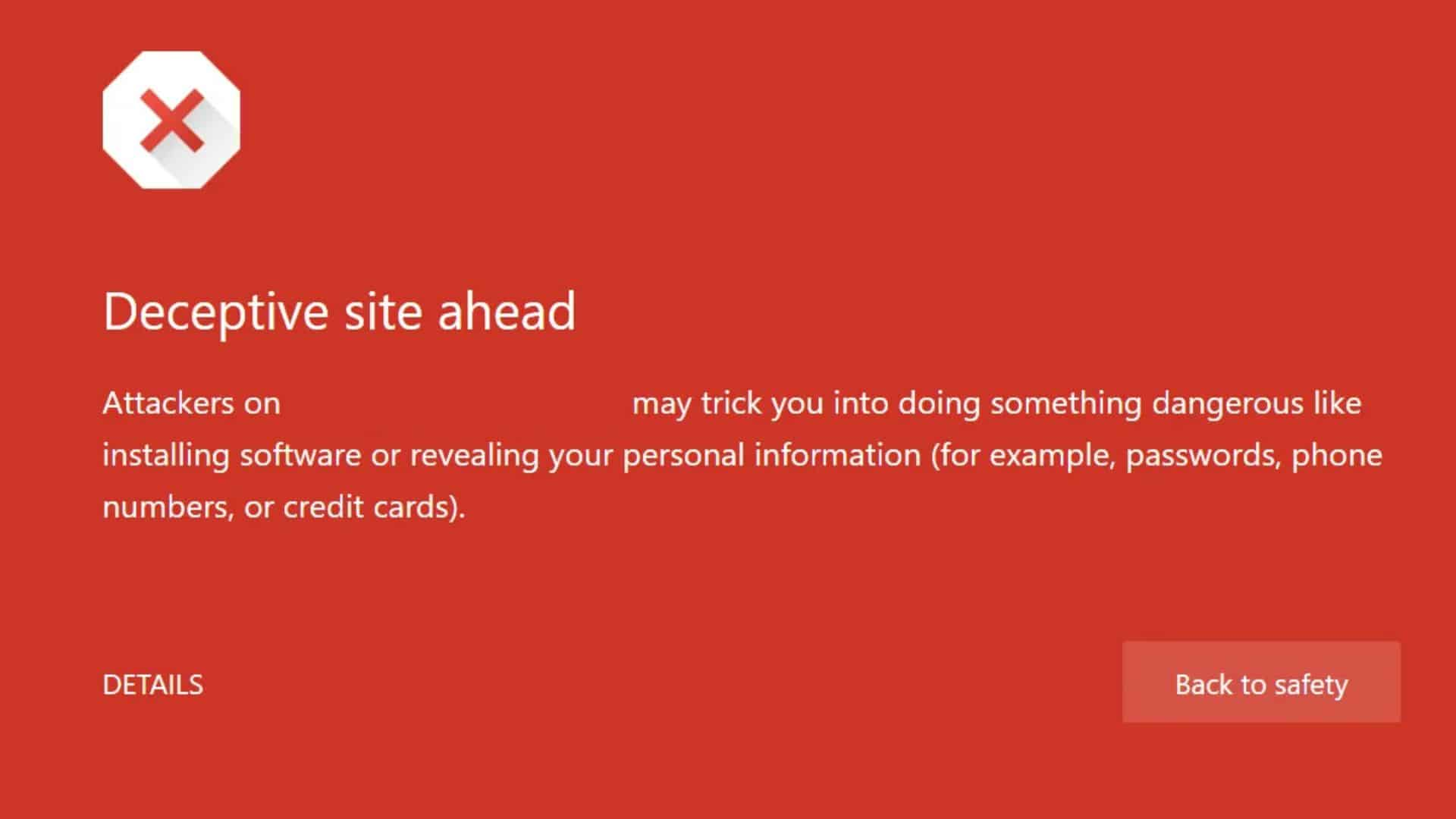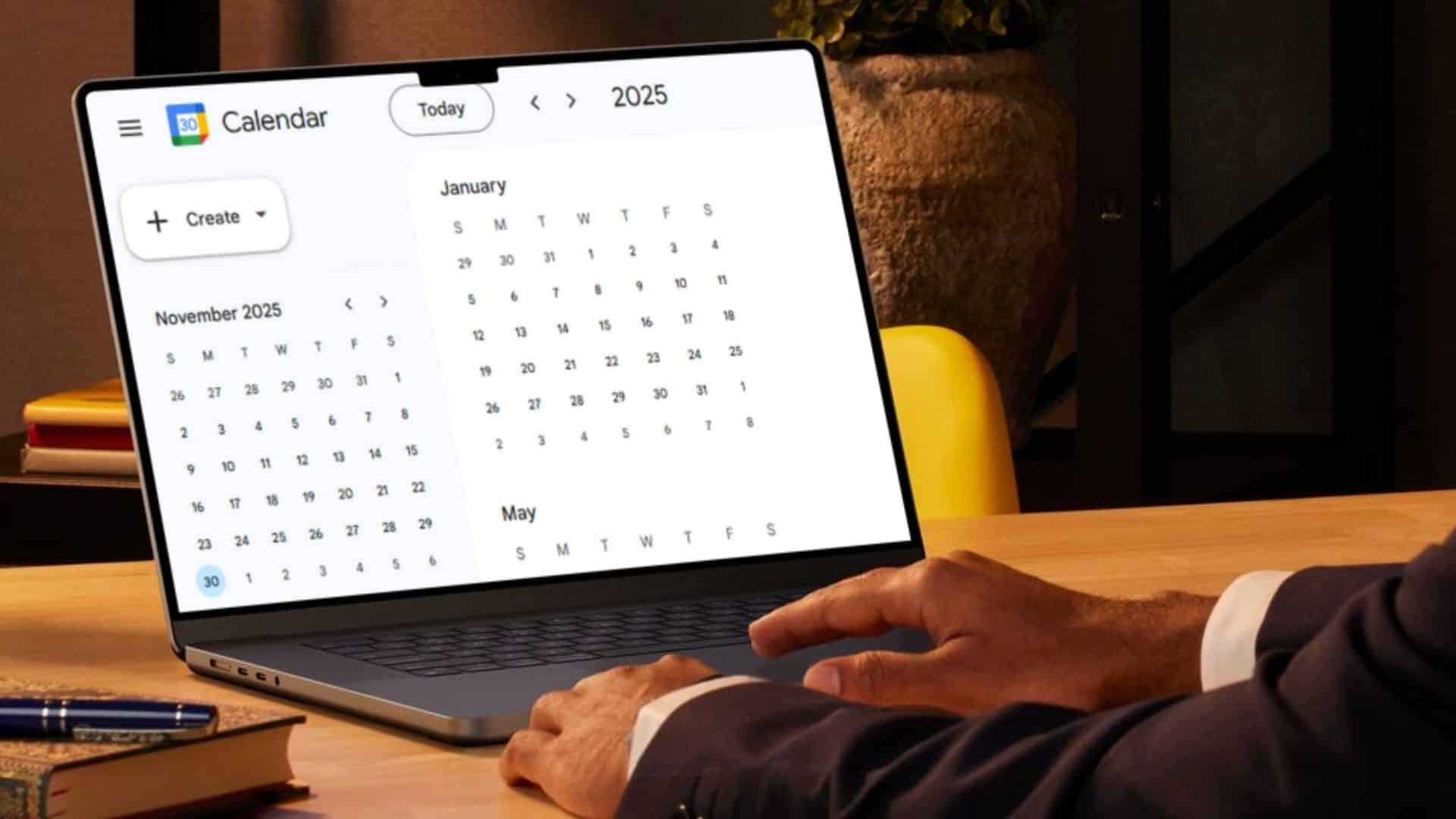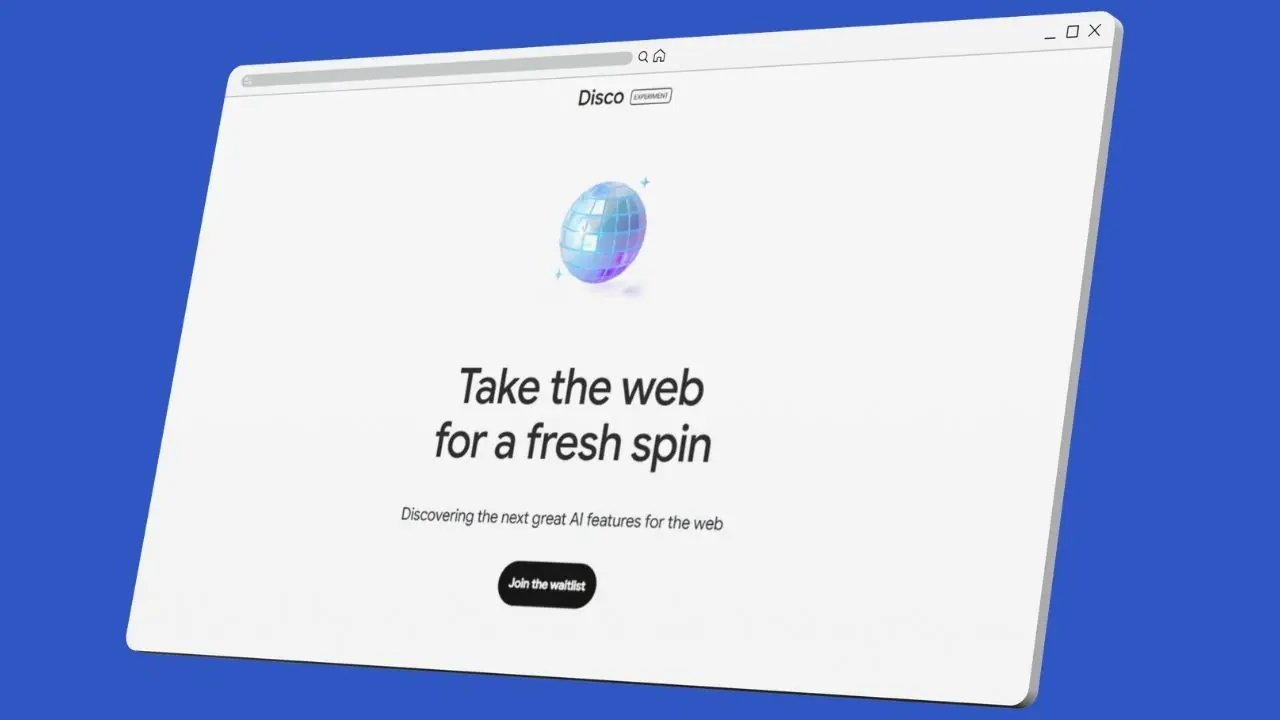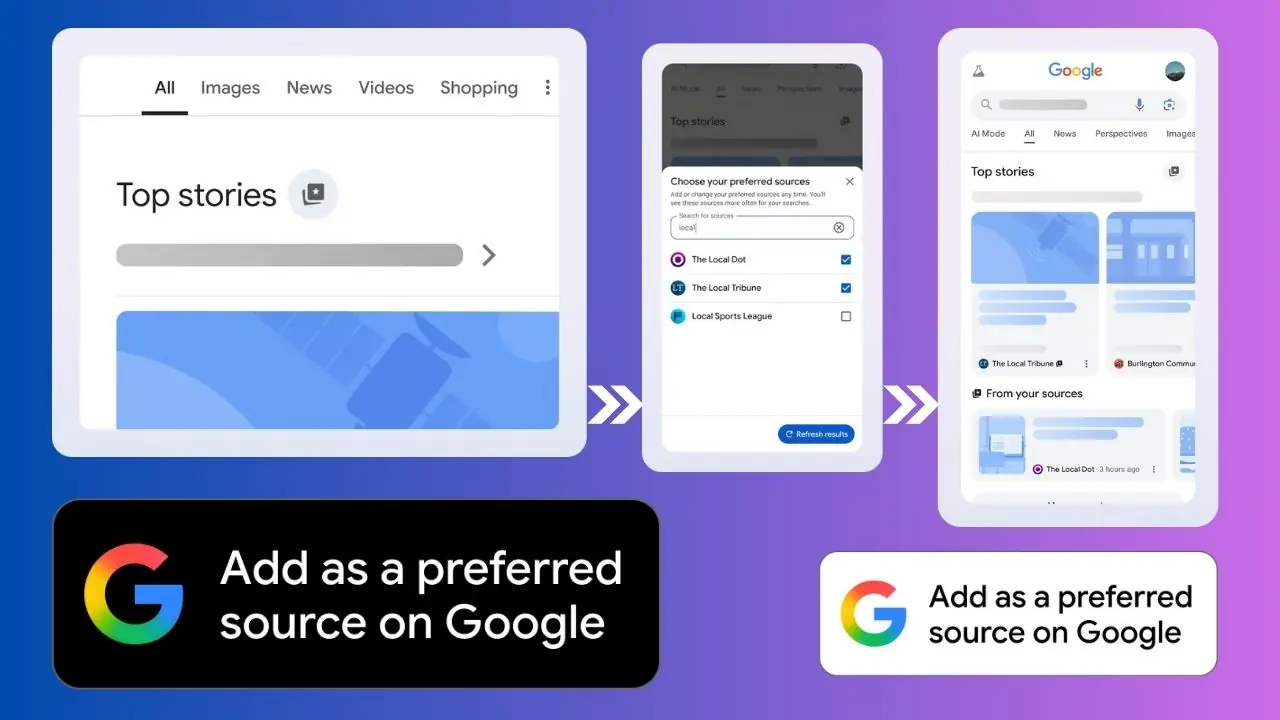On December 19, 2024, Google announced the release of its Google December 2024 spam update. The update focuses on improving the quality of search results by targeting low-quality, spammy pages. Google aims to remove deceptive, manipulative content that doesn’t provide value to users. While the update’s goal is to improve search quality, an unexpected issue emerged just two days later, on December 21, 2024.
What Happened on December 21, 2024?
I was searching for googlercom on Google on December 21, 2024, when I stumbled upon an issue. The search results showed links that led to 404 error pages. To my surprise, even Google.com was affected by this glitch. Some of the search results displayed links that led to pages that no longer existed. This unexpected error raised questions about how even Google’s advanced search algorithms could face issues.
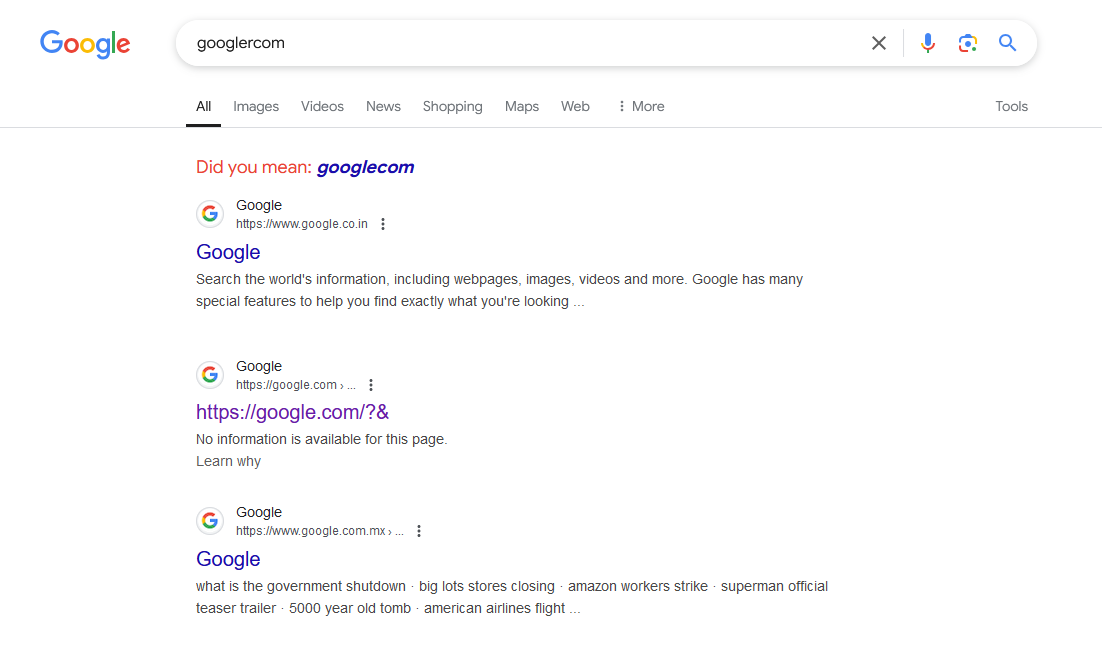
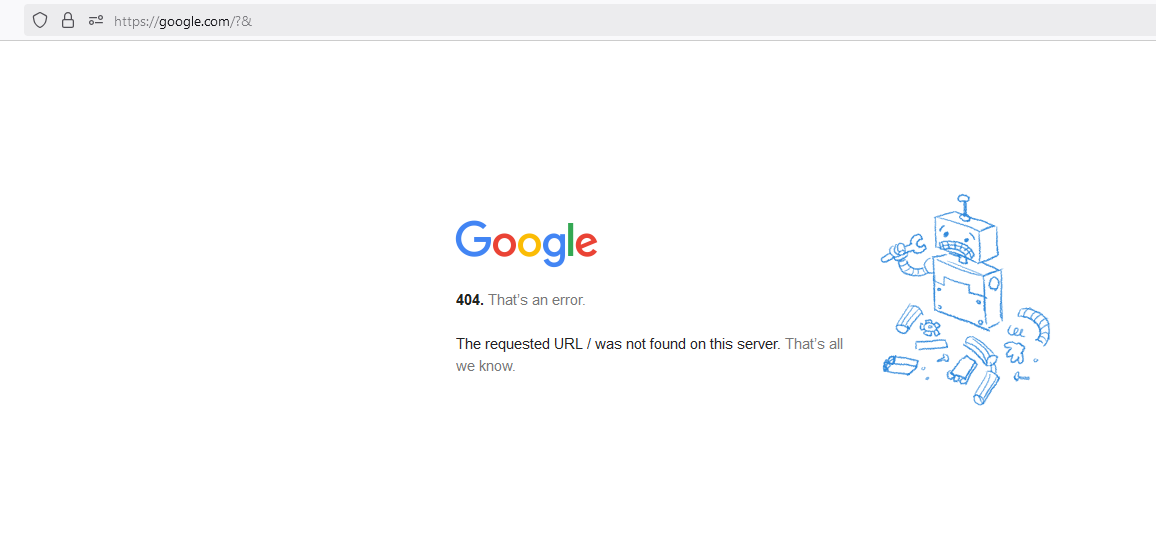
Why Did This Happen?
Google’s algorithms work by constantly crawling the web, indexing pages, and updating search results. When Google removes pages or updates resources, it takes time for the index to reflect those changes. If the system fails to update quickly enough, outdated links can still appear in search results, causing 404 errors.
Even Google itself faced this issue. Some internal pages or resources were either removed or temporarily unavailable, but the links still appeared in search results. When users clicked on them, they encountered 404 error pages.
Google’s Spam Policies: A Deeper Look
Google’s spam policies aim to remove low-quality, spammy content from search results. These pages often use manipulative tactics like keyword stuffing, cloaking, and hidden text to rank higher in search results. Google’s algorithms detect these tactics and penalize the pages involved by either removing them or demoting them in rankings. The goal is to improve the overall quality of search results, ensuring users get accurate, reliable, and relevant content.
While these updates are important for improving search quality, they can sometimes have unintended side effects. When Google’s algorithms flag or remove pages, there can be delays in updating the search index. As a result, outdated or broken links may still appear in search results, causing users to land on 404 error pages.
Related: Google Site Reputation Abuse Policy: Why It Matters for Website
The 404 Error Issue and Its Impact on Users
For users, encountering a 404 error page is frustrating, especially when the search results lead to trusted sources like Google.com. 404 errors occur when a user clicks on a link, but the page no longer exists or is temporarily unavailable. This error prevents users from accessing the content they were expecting, which can lead to a poor user experience.
While this issue is rare, it underscores a broader point: no system is flawless. Even with Google’s powerful algorithms and advanced technology, occasional glitches like 404 errors can still happen. Google will likely address the issue, but for now, users will have to deal with the occasional broken link.
In this case, even Google.com experienced 404 errors, making it clear that even search engines are not immune to technical problems.
Interesting: How to Avoid or Detect Redirect Scripts on Websites
How Does Google’s Spam Update Affect Website Owners?
Google December 2024 spam update has a significant impact on website owners. By focusing on improving search results, the update aims to penalize websites that engage in spammy or unethical SEO practices. Website owners must be aware of the update’s focus on quality and follow Google’s best practices to avoid penalties.
Regularly reviewing your website’s content and ensuring that all links are working correctly can prevent 404 errors from occurring. If you need to remove a page, make sure it’s properly redirected to avoid broken links. Google offers tools like Google Search Console to help website owners identify broken links and fix them before they cause issues for users.
Additionally, website owners should avoid engaging in manipulative SEO tactics like keyword stuffing, cloaking, or link farming. Instead, focus on creating high-quality, relevant content that adds value to users. By doing so, your site will stay in Google’s good graces and will be less likely to be penalized by the spam update.
Recommended: Google Site Reputation Check… and Fails the Site Reputation Test
What Can Users Do When They Encounter 404 Errors?
If you encounter a 404 error while searching, it can be frustrating, especially if the link appears to be from a reliable source like Google. If this happens, here are a few steps you can take:
- Try Alternative Search Results: If a link leads to a 404 page, try other search results for similar content.
- Check the URL: Sometimes, a typo in the URL may cause a 404 error. Ensure the link is correct.
- Provide Feedback to Google: If you encounter broken links in Google search results, you can use the feedback feature to report the issue.
- Look for Cached Versions: If you need immediate access to content, you can check if Google has a cached version of the page available.
While Google works to update its algorithms and address issues like this, users can explore other available options if they come across broken links.
Helpful: Deceptive Site Ahead Error: 4 Steps to Fix It
The Importance of Following Google’s Spam Policies
For website owners, the Google December 2024 spam update highlights the importance of adhering to Google’s guidelines. Maintaining a high-quality website with relevant, valuable content is crucial. Google rewards sites that follow ethical SEO practices and penalizes those that use manipulative techniques.
Here are a few key tips for staying compliant with Google’s spam policies:
Avoid Manipulative SEO Tactics: Focus on providing real value through your content rather than trying to game the system with unethical techniques.
Ensure Proper Redirection: If you need to remove a page, always set up a proper redirect (301 redirect) to avoid 404 errors.
Regularly Audit Your Site: Use tools like Google Search Console to check for broken links or outdated pages that could affect your search rankings.
Create High-Quality Content: Google values content that is helpful, informative, and relevant to users. By prioritizing quality, you can avoid penalties and improve your rankings.
Useful: Understanding Site Reputation and Google’s Spam Policies
Conclusion: Google’s Spam Update and the 404 Error Issue
The December 2024 spam update is a crucial step in ensuring that Google’s search results remain clean, relevant, and trustworthy. The update aims to remove low-quality content and improve the overall search experience. However, the 404 error issue that emerged in Google’s search results, even affecting its own domain, shows that no system is perfect.
While encountering 404 errors can be frustrating, they are a reminder that Google, like any other system, occasionally faces glitches. Google is actively working to refine its algorithms and search index to address these issues. Website owners should stay vigilant and follow Google’s best practices to ensure their sites remain in good standing.
As Google continues to improve its algorithms, both users and website owners can look forward to a better, more seamless search experience in the future. For now, though, it’s important to stay patient and understand that occasional issues like 404 errors are part of the process.

